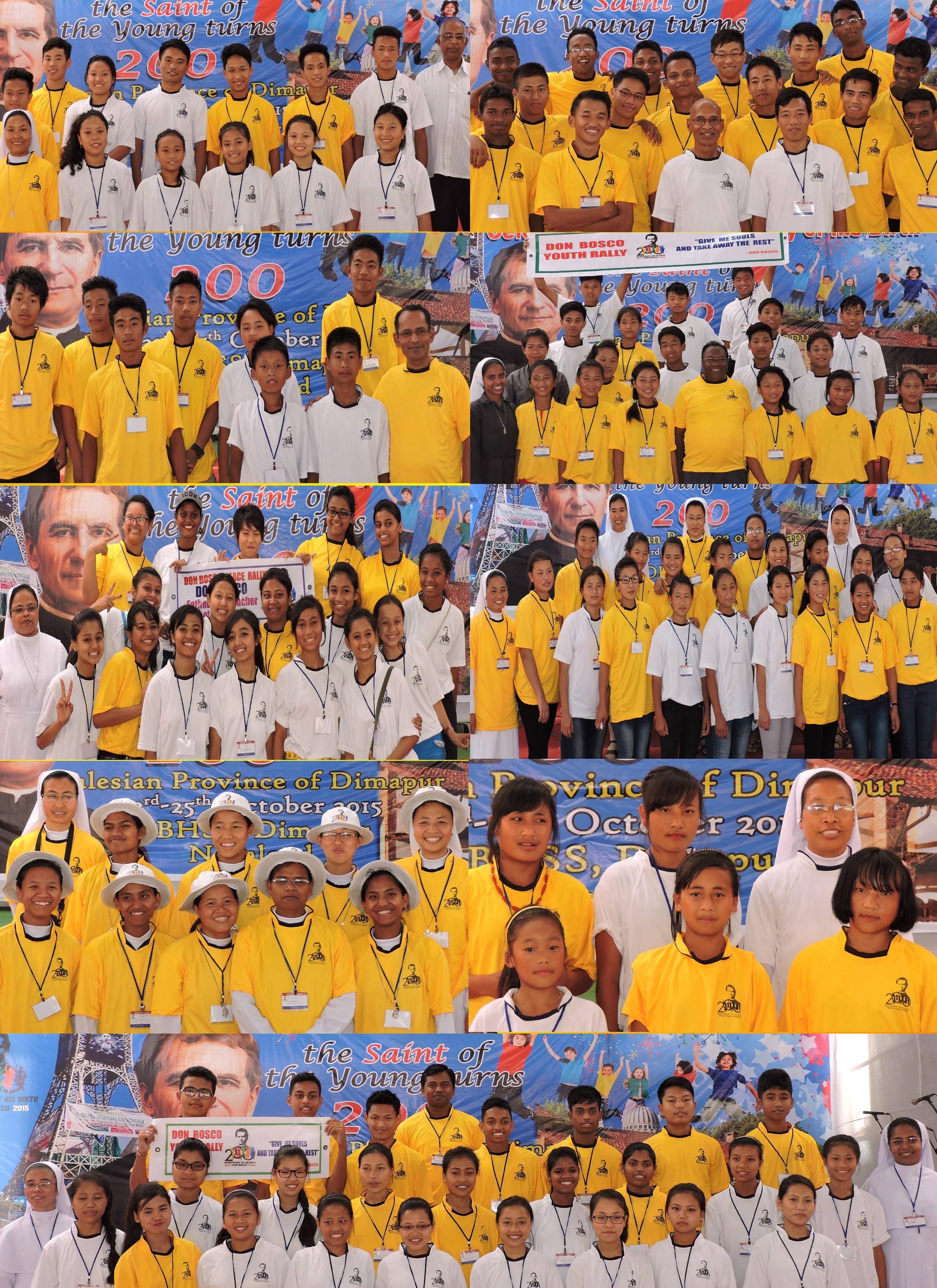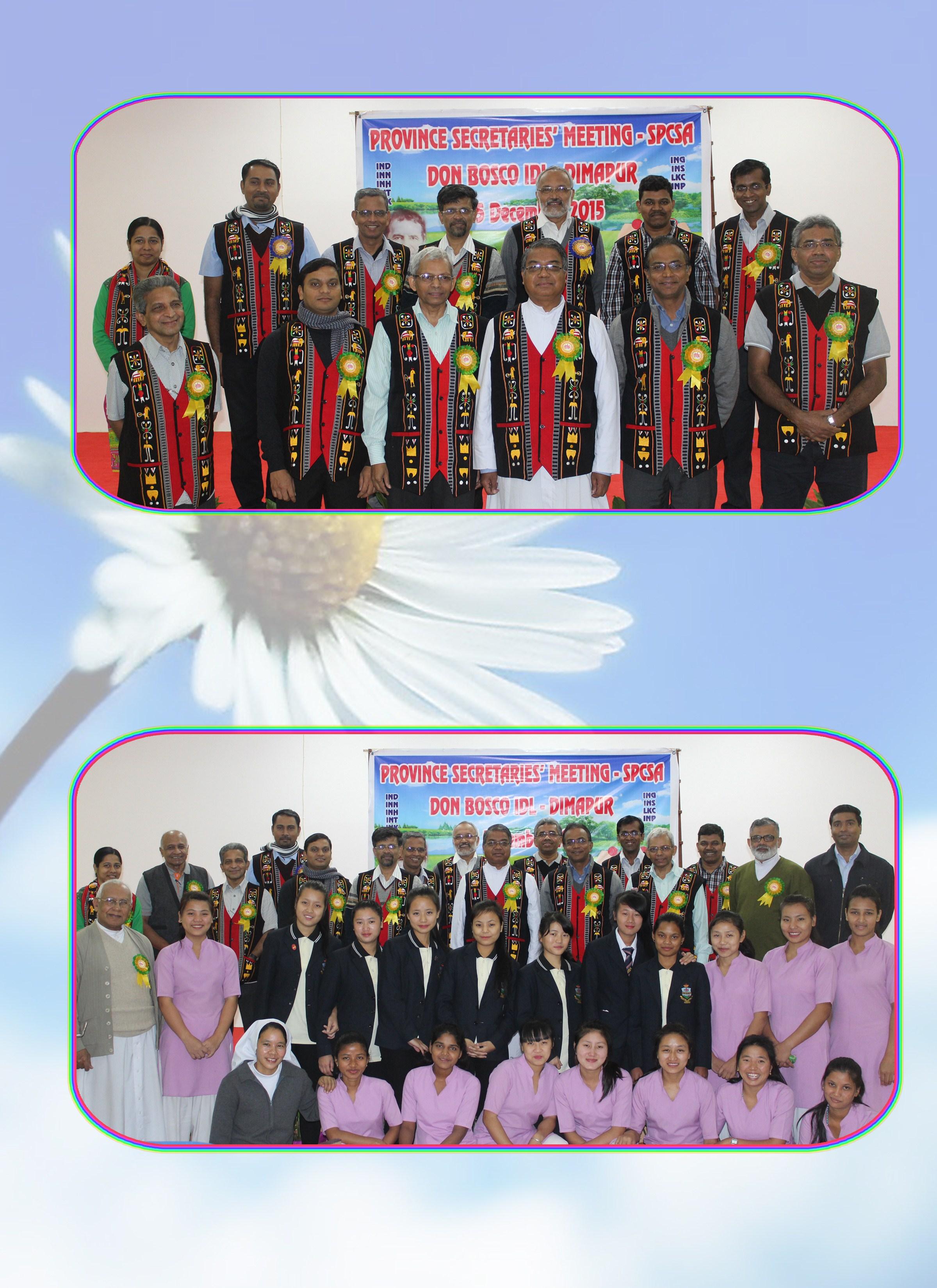
3 minute read
November - December 2015 issue
Christmas is not meant to be an isolated day, but a festival, a joyful celebration of the Mystery of the Incarnation in the midst of the Church‘s liturgical year. Christmas can be properly understood and meaningfully celebrated only after having live the preparation provided by the Season of Advent. In the midst of the secular excesses leading up to Christmas, Advent provides a welcome solace and an opportunity to continually re-orient ourselves to God‘s will as we expectantly wait with the patriarchs, prophets and kings for the true meaning of Christmas: the Incarnation of God the Son.

Advertisement

We live in a world in which ‗bigger‘ and ‗better‘ define our expectations for much of life. We have become so enamored by ‗supersize‘, ‗super stars, and ‗high definition‘ that we tend to view life through a lens that so magnifies what we expect out of the world that we tend not to see the potential in small things. But as the prophet Zechariah reminds us (Zech. 4: 10), we should not ―despise the day of small things‘, because God does some of his best works with small beginnings and impossible situations.
It is truly a humbling experience to read back through the Old Testament and see how frail and imperfect all the ‗heroes‘ actually are: Abraham the coward who could not believe God‘s promise; Jacob the cheat who struggles with everybody; Joseph the immature and arrogant teen; Moses the impatient murderer who cannot wait for God; Gideon the cowardly Baal-worshipper; Samson the womanizing Drunkard; David the power-abusing adulterer; Solomon the unwise wise man; Hezekiah the reforming king who could not quite go far enough; and finally, a very young Jewish girl from a small village in a remote corner of a great empire. God could have chosen ―bigger‖ things and ―better‘ people to do his work in the world, but amazingly he often begins with small things and inadequate people.
Another truth proclaimed by the Old Testament is this that endings are not always endings but are opportunities for God to bring new beginnings. And the virtue that sanctifies the time before the ‗new beginnings‘ is one of ‗waiting in hope.‘ It is not just hope for a better day or hope for the lessening of pain and suffering, although that is certainly a significant part of it. It is more about hope that human existence has meaning and possibility beyond our present experiences, a hope that the limits of our lives are not nearly as narrow as we expect them to be. It is not that we have possibility in ourselves, but that God is a God of new things and so all things are possible (Isa 42: 9; Mt 19: 26; Mk 14: 36).
I wish you all a very Happy Christmas and Blessed New Year 2016.
Rev. Fr. Nestor Guria sdb Provincial, Salesian Province of Dimapur
Christmas is the spirit of giving without a thought of getting. It is happiness because we see joy in people. It is forgetting self and finding time for others. It is discarding the meaningless and stressing the true values.
…...Thomas S. Monson










